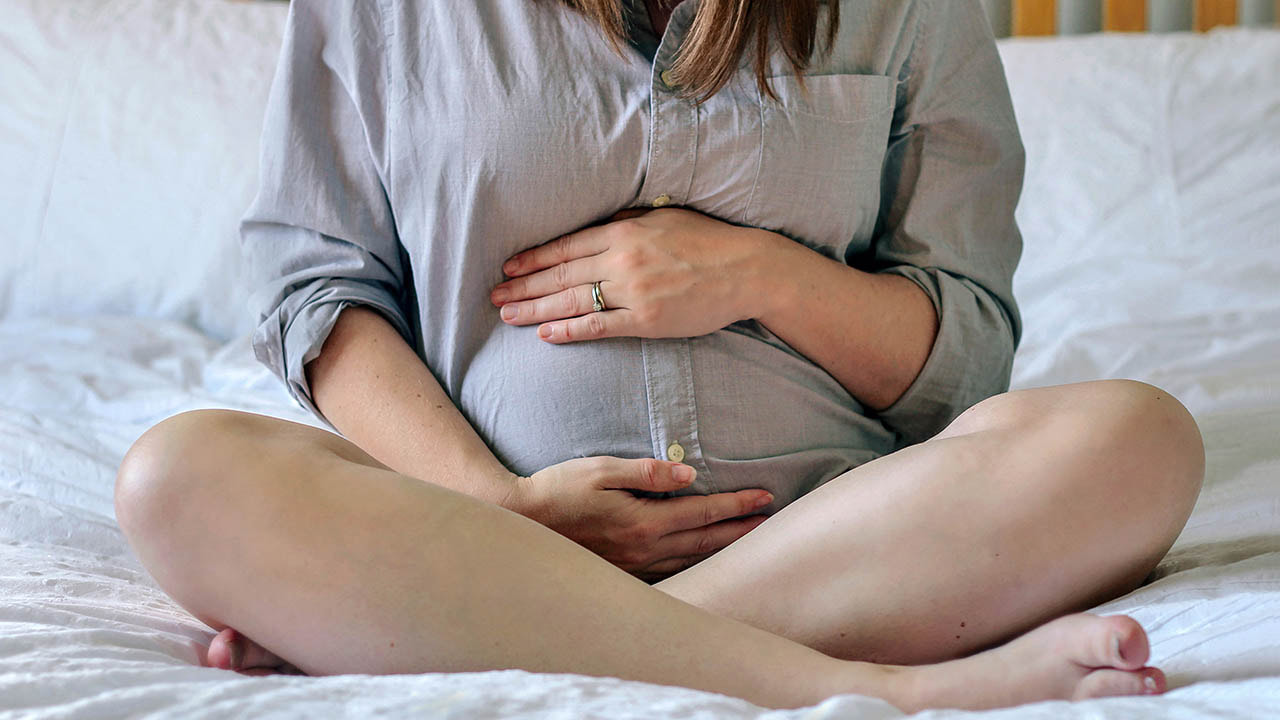In Vitro Fertilization (IVF)
|
The board-certified physicians at Northwestern Medicine Center for Fertility and Reproductive Medicine offer innovative, effective fertility options, including in vitro fertilization (IVF).
What is IVF? IVF involves egg retrieval from the female patient followed by in-lab fertilization of the eggs from collected sperm. Developing embryos are monitored in our lab and eventually transferred back to the uterus. Your specific treatment protocol and stimulation will be decided upon and individualized by your physician. Several major steps are involved in IVF treatment. IVF Process 1. Pre-treatment This prepares your follicles to all grow at the same time. It can involve your natural cycle, birth control pills or estrogen therapy. You will have an ultrasound and blood tests to ensure your ovaries are ready for the next phase. Not all patients will have a pre-treatment step. 2. Registration Once you and your physician have confirmed that IVF is part of your treatment plan and have signed consents together, your physician will place an IVF order for you which communicates to our scheduling team to call you to schedule your IVF Registration appointments. These required appointments include:
3. Ovarian stimulation Stimulation drugs are hormones that promote follicle growth and egg maturation. They are also called gonadotropins and are injected every day during the stimulation phase. After approximately 8 to 14 days of stimulation medications, you will be instructed to administer your trigger shot. This hormone is injected at the end of stimulation. It triggers your eggs to mature. Eggs are then retrieved 36 to 38 hours after the injection but before ovulation. If ovulation occurs, the eggs are naturally released and cannot be retrieved. We will let you know exactly when to take the trigger shot. This is determined by follicle size and estrogen levels. Timing of the trigger shot is extremely important. 4. Egg retrieval & sperm collection Egg retrieval uses ultrasound guidance to remove follicles. You will be under mild IV sedation, and you will be informed of the amount of eggs retrieved on this day. It is important to note that not all eggs will be mature. On average, about 75 percent of the eggs we retrieve are mature. 5. Fertilization During the fertilization process, the sperm and eggs are mixed together and allowed to grow for three to five days. Our team will monitor the eggs to confirm that fertilization is occurring. Once the eggs are fertilized, they are considered embryos. About 70 percent of all mature eggs fertilize, and 25 to 50 percent of fertilized eggs from embryos are suitable for transfer. 6. Embryo transfer You will return to our office to have your embryos transferred back to your uterus. The timing of the transfer is determined by several factors, including the number of embryos and the embryo growth rate. Embryos may be frozen and then transferred back at a later time. A pregnancy test will be taken accordingly 8 to 10 days after the transfer. 7. Follow-up visits With a positive pregnancy test from an IVF cycle, you will be closely monitored to make sure the early pregnancy is progressing normally. This will be done with a combination of hormone and ultrasound monitoring. |
To Request an Appointment
Northwestern Medicine Fertility Center is now conveniently located in four locations: Chicago, Geneva, Highland Park, and Oakbrook Terrace. Visit our Locations & Appointments page for more information. IVF Resources
To learn more about the IVF process, please review our IVF resources. LGBTQ FAMILY OPTIONS
Our faculty and staff provide an inclusive and supportive environment for all patients undergoing fertility treatment, regardless of gender, sexual orientation or marital status. |




